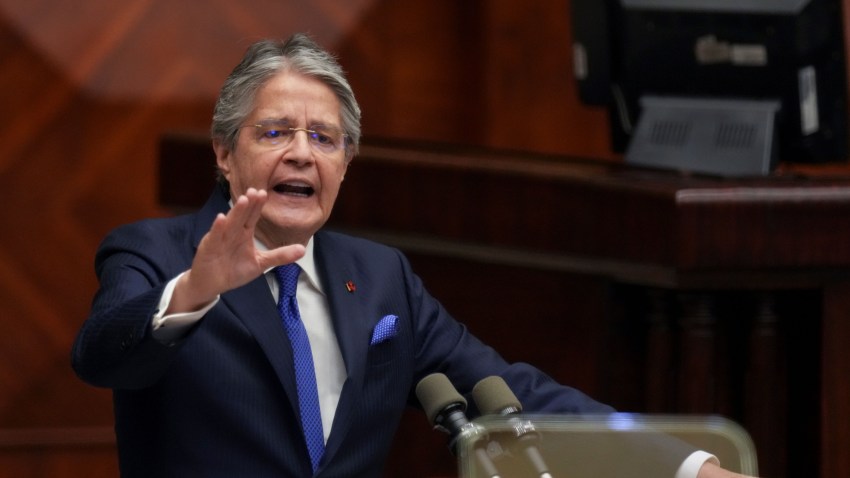Last week, Ecuadorian President Guillermo Lasso used his authority under the country’s constitution to invoke muerte cruzada, or mutual death, which allows him to dissolve Congress and rule by decree until new elections can be called for both the president and the legislature. The move, which came in response to efforts by Congress to impeach Lasso over embezzlement charges, was upheld by the courts and backed by the military. Ecuador is now scheduled to hold new elections later this year.
Lasso’s decision was months in the making. His approval rating tanked in 2021 after documents revealed he may have used offshore accounts to limit his tax liability. In his defense, Lasso has noted that his offshore accounts are perfectly legal and that he is Ecuador’s highest-paying taxpayer. Nevertheless, his political standing never recovered, as inflation and high fuel prices battered the economy and a crime wave made Ecuador more dangerous than any country in South America outside of Venezuela. In January, Lasso lost a referendum on a range of governance reforms and his party lost ground in local elections, a stark rejection of his administration by the public and a victory for his opponents, especially politicians connected to former President Rafael Correa.
From the beginning of his term, Lasso was forced to govern with a congressional minority. A successful vaccination campaign during the pandemic combined with divisions among the various opposition parties allowed the president to govern early on in spite of his weak position. But since the failed referendum earlier this year, his opponents in Congress have united to take down what they see as a weakened president. The embezzlement charges were simply the most recent reason given, but the reality was that the impeachment was a political power play to bring Lasso down and force a situation in which new presidential elections could be called. With impeachment closing in, Lasso used his last remaining constitutional weapon to take Congress down with him.

